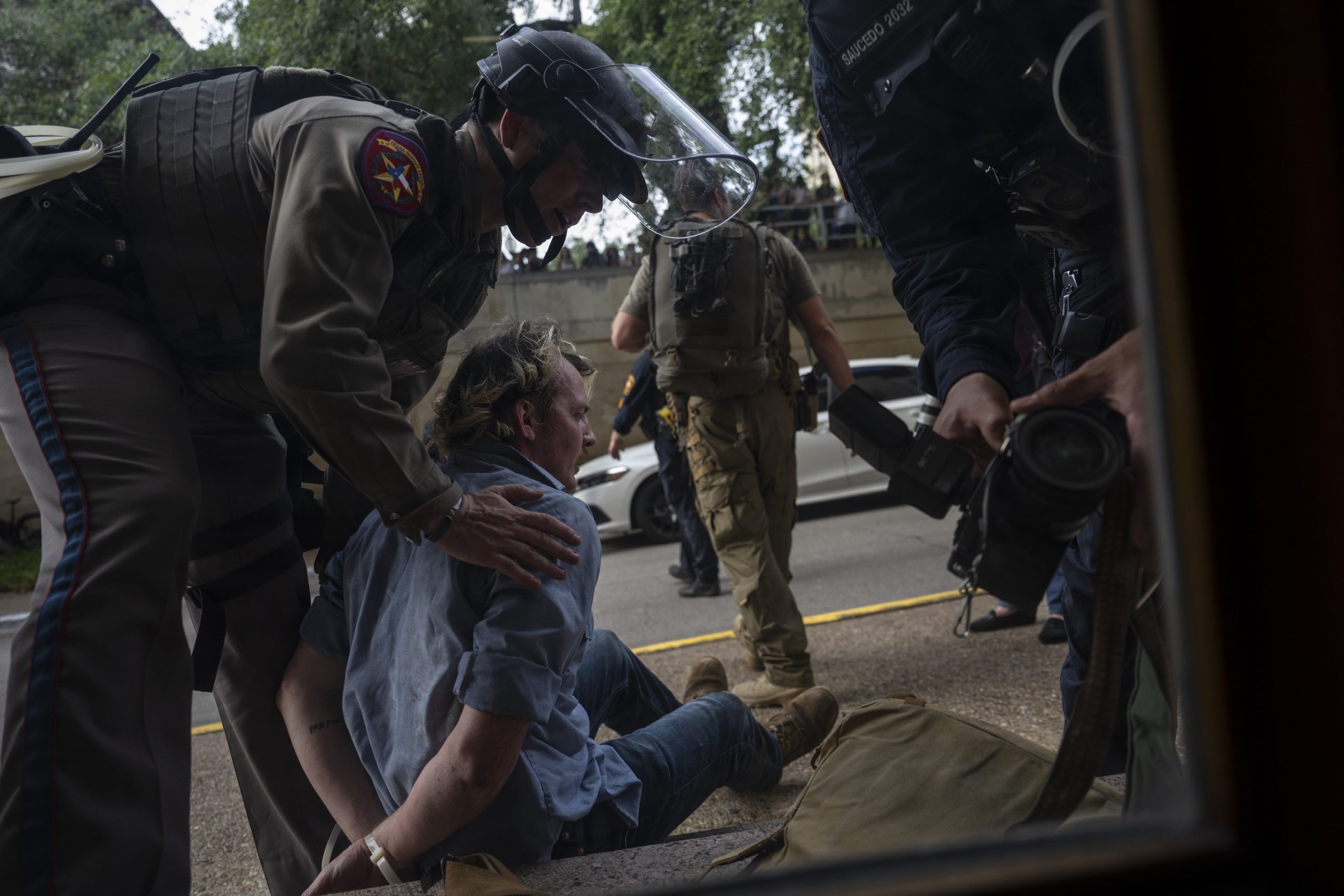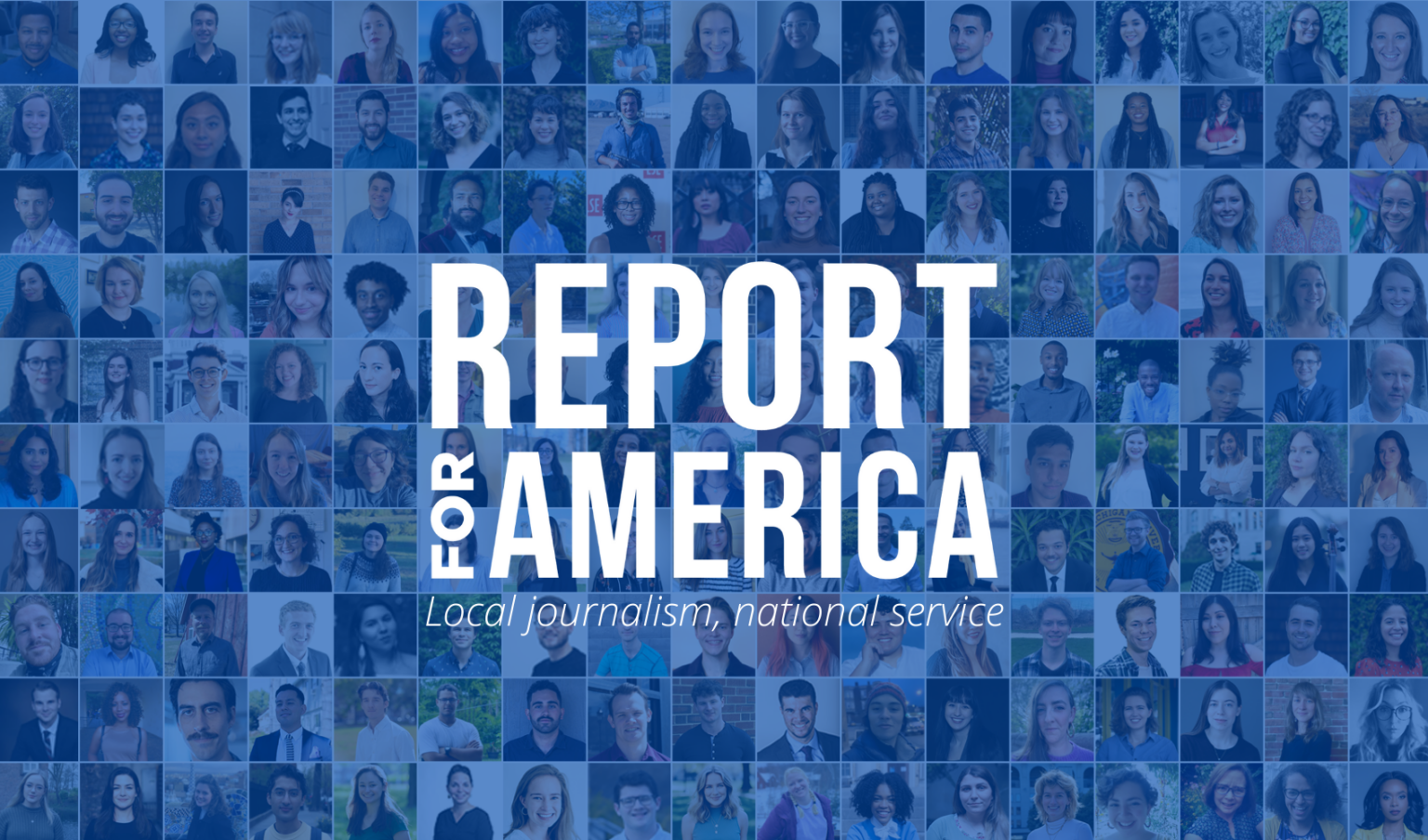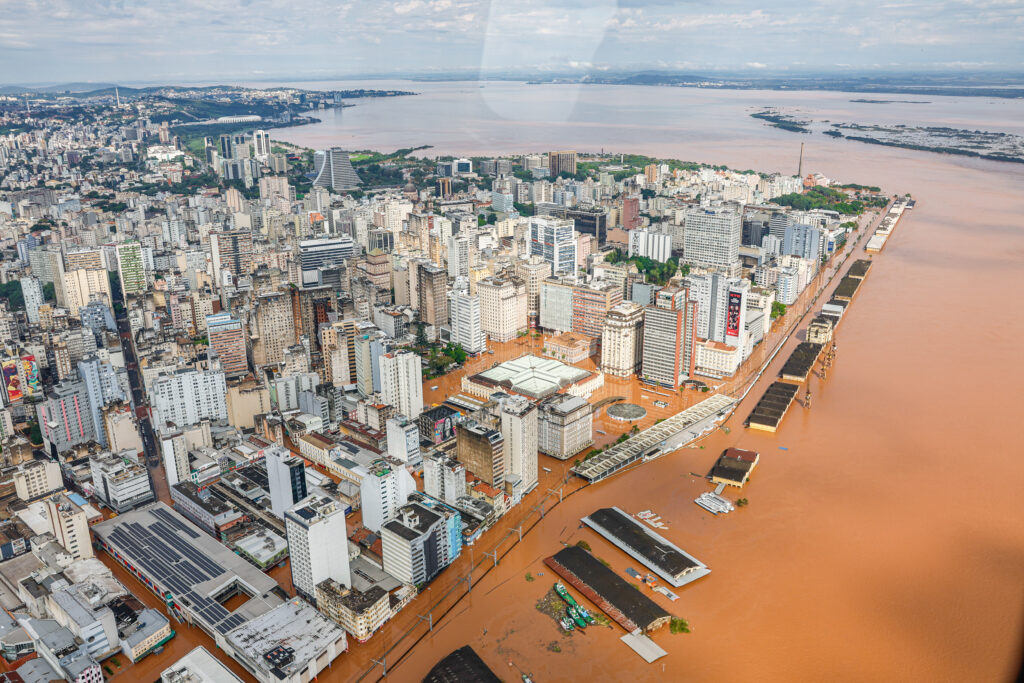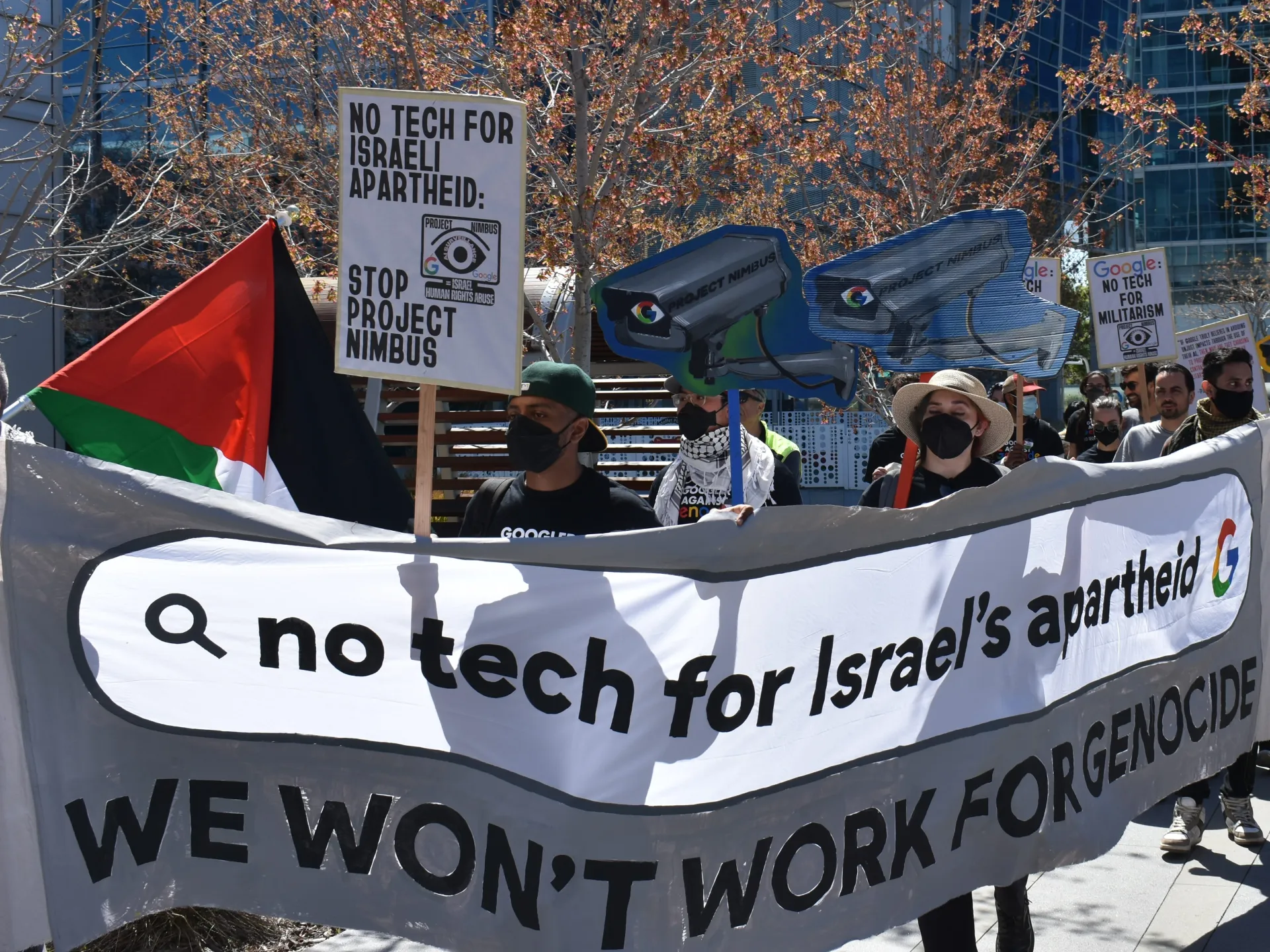In recent years, universities and colleges around the world have become hotbeds of activism, where students mobilize to advocate for social justice, equity, and change. However, amidst the fervor of campus protests, a troubling trend has emerged – the erosion of press freedom. Journalists covering these events often find themselves targeted, harassed, and even physically assaulted, raising serious concerns about the state of free speech and open dialogue on college campuses. In this article, we delve into the complexities of press freedom in the context of campus protests, examining the challenges journalists face and the implications for democracy and academic discourse.
1. The Rise of Campus Activism Universities have long served as crucibles for social and political movements, providing a fertile ground for activism and dissent. From civil rights demonstrations to anti-war protests, students have historically played a pivotal role in driving societal change. In recent years, issues such as racial injustice, climate change, and gender equality have galvanized a new generation of activists, sparking protests and advocacy campaigns on campuses worldwide.
2. The Role of Journalism Journalists serve as witnesses to history, documenting the events, voices, and narratives that shape our understanding of the world. On college campuses, journalists play a vital role in providing independent coverage of protests, offering insights, context, and analysis to a broader audience. Their reporting serves as a crucial check on power, holding both protesters and authorities accountable for their actions.
3. Targeting Journalists Despite the importance of their work, journalists covering campus protests often find themselves in the crosshairs of demonstrators. Reporters have been subjected to verbal abuse, intimidation tactics, and even physical assaults while attempting to document protests and interview participants. In some cases, journalists have been obstructed from doing their jobs, with protesters attempting to censor or control media coverage of their actions.
4. The Right to Report Press freedom is enshrined as a fundamental right in democratic societies, guaranteeing journalists the freedom to report without fear of censorship, intimidation, or reprisal. However, the targeting of journalists at campus protests represents a direct threat to this foundational principle. When journalists are prevented from freely reporting on events of public interest, the public’s right to know is compromised, and the democratic process is undermined.
5. Implications for Academic Discourse Universities are supposed to be bastions of free speech and open debate, where ideas are exchanged, challenged, and critically examined. However, when journalists are silenced or intimidated, the marketplace of ideas becomes impoverished, hindering the free flow of information and stifling dissenting voices. The suppression of press freedom at campus protests not only undermines academic discourse but also erodes the foundation of democratic governance.
6. Silencing Dissent The targeting of journalists at campus protests is often motivated by a desire to control the narrative and suppress dissenting viewpoints. By intimidating or obstructing reporters, protesters seek to limit scrutiny of their actions and present a sanitized version of events to the public. In doing so, they undermine the principles of transparency, accountability, and free expression that are essential to a healthy democracy.
7. Protecting Press Freedom It is incumbent upon universities, student activists, and campus administrators to uphold press freedom and ensure that journalists can report on protests without fear of harassment or retaliation. This requires a commitment to fostering a culture of respect for diverse perspectives, even when those perspectives may be challenging or uncomfortable. Universities should also provide training and support for student activists on the importance of press freedom and the role of journalism in a democratic society.
8. Educating the Public Public education is essential for fostering a deeper understanding of the importance of press freedom and the challenges faced by journalists covering campus protests. Universities can play a crucial role in this regard by incorporating media literacy and civics education into their curricula, equipping students with the tools to critically evaluate media coverage and engage in informed civic participation.
9. Dialogue and Engagement Dialogue between journalists, activists, and campus communities is essential for addressing tensions and fostering mutual understanding. By engaging in constructive dialogue, stakeholders can identify common ground, address concerns, and work towards solutions that uphold both press freedom and the rights of protesters to express their views.
10. Supporting Student Journalism Student journalists play a vital role in covering campus protests and holding their peers and institutions accountable. However, they often face unique challenges, including limited resources, lack of institutional support, and pressure from peers and administrators. Universities should provide adequate resources and protections for student journalists, including access to training, legal support, and editorial independence.
11. Balancing Rights and Responsibilities While press freedom is paramount, it is also essential to recognize the rights of protesters to express their views and engage in peaceful assembly. Universities must strike a delicate balance between protecting free speech and ensuring the safety and well-being of all members of the campus community. This may involve implementing guidelines for peaceful protest and dialogue, as well as disciplinary measures for individuals who engage in harassment or violence against journalists.
12. Legal Protections Legal protections for journalists covering protests vary by jurisdiction, but all reporters have the right to perform their duties without interference or intimidation. Universities should work with local law enforcement agencies to ensure that journalists are able to report on protests safely and without fear of arrest or harassment. Additionally, universities should be prepared to defend the rights of journalists in court if their press freedoms are violated.
13. International Perspectives The challenges faced by journalists covering campus protests are not unique to any one country or region. Around the world, reporters risk harassment, arrest, and violence while reporting on demonstrations and political unrest. International solidarity and support for press freedom are essential for protecting journalists and upholding the principles of free expression and democratic governance.
14. The Role of Social Media Social media platforms have become powerful tools for documenting and disseminating information about campus protests. However, they also present challenges, including the spread of misinformation, harassment of journalists, and censorship by platform moderators. Universities should work with social media companies to address these issues and ensure that journalists can report on protests safely and effectively.
15. Ensuring Access Access to information is fundamental to press freedom, yet journalists covering campus protests often face barriers to obtaining accurate and timely information. Universities should facilitate access for journalists by providing press credentials, designated media areas, and timely updates on protest activities. Additionally, universities should be transparent about their policies and procedures for handling protests and responding to media inquiries.
16. Building Trust Trust between journalists and campus communities is essential for effective reporting on protests. Universities should work to build and maintain trust by being transparent, responsive, and accountable in their interactions with the media. This includes providing accurate information, addressing concerns promptly, and respecting the rights of journalists to report freely and independently.
17. Strengthening Press Associations Press associations and media advocacy groups play a crucial role in defending press freedom and supporting journalists covering protests. Universities should collaborate with these organizations to develop best practices, training programs, and advocacy campaigns to protect press freedom on campus and beyond.
18. Promoting Diversity and Inclusion Diversity and inclusion are essential principles of journalism, yet newsrooms and media organizations often lack representation from marginalized communities. Universities should work to promote diversity and inclusion in journalism by supporting initiatives to recruit and retain journalists from underrepresented backgrounds. This includes providing scholarships, internships, and mentorship programs for aspiring journalists from diverse backgrounds.
19. Monitoring and Accountability Effective monitoring and accountability mechanisms are essential for ensuring that press freedom is protected



